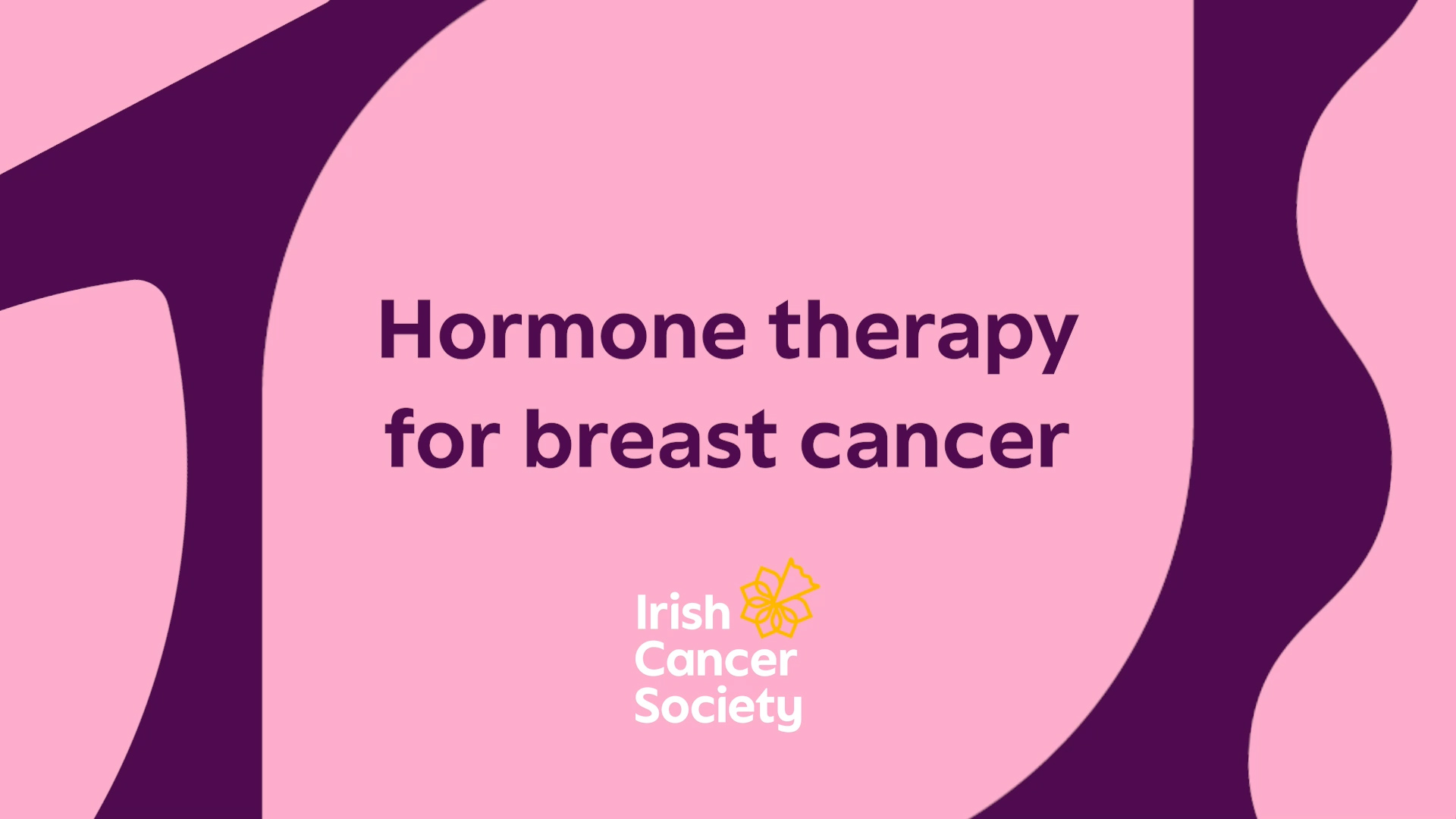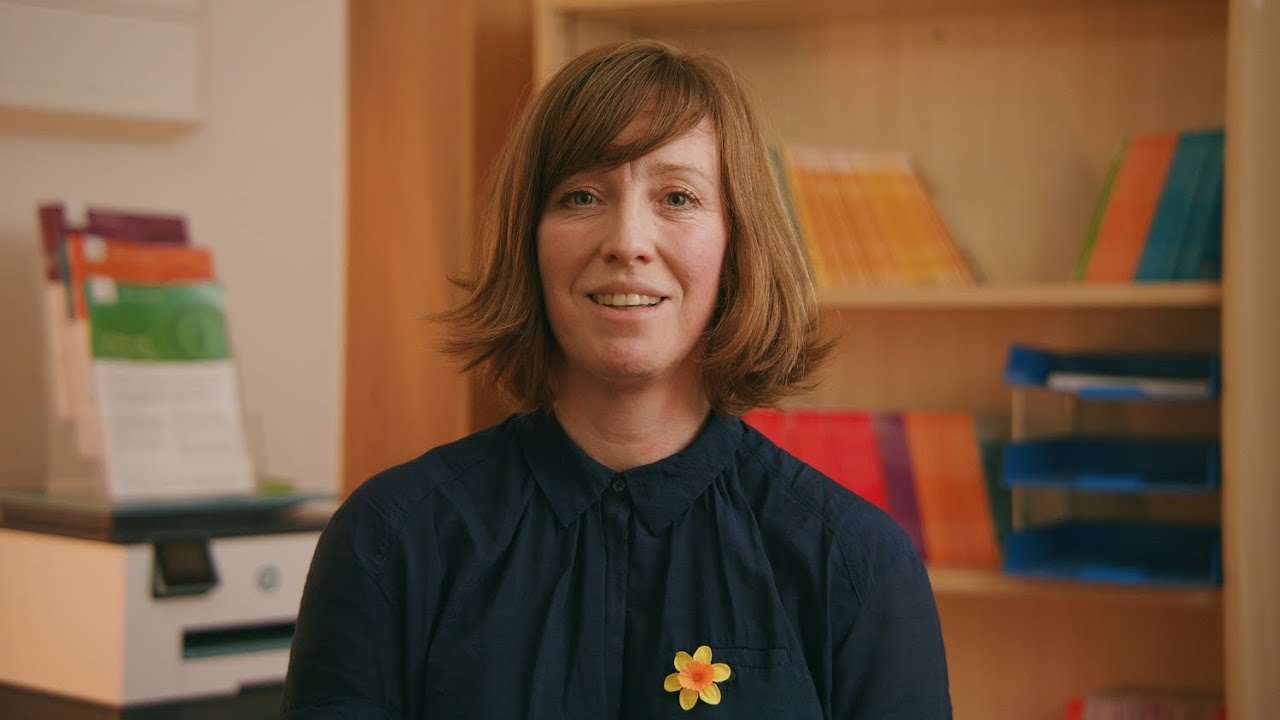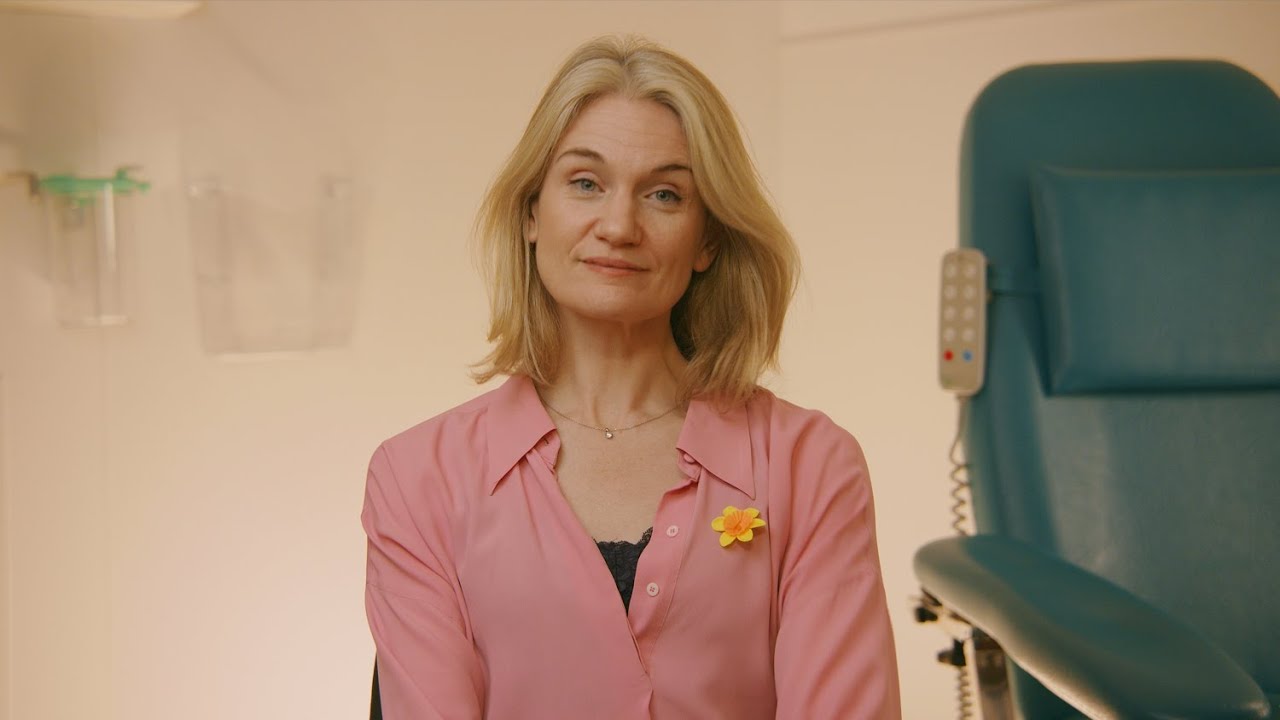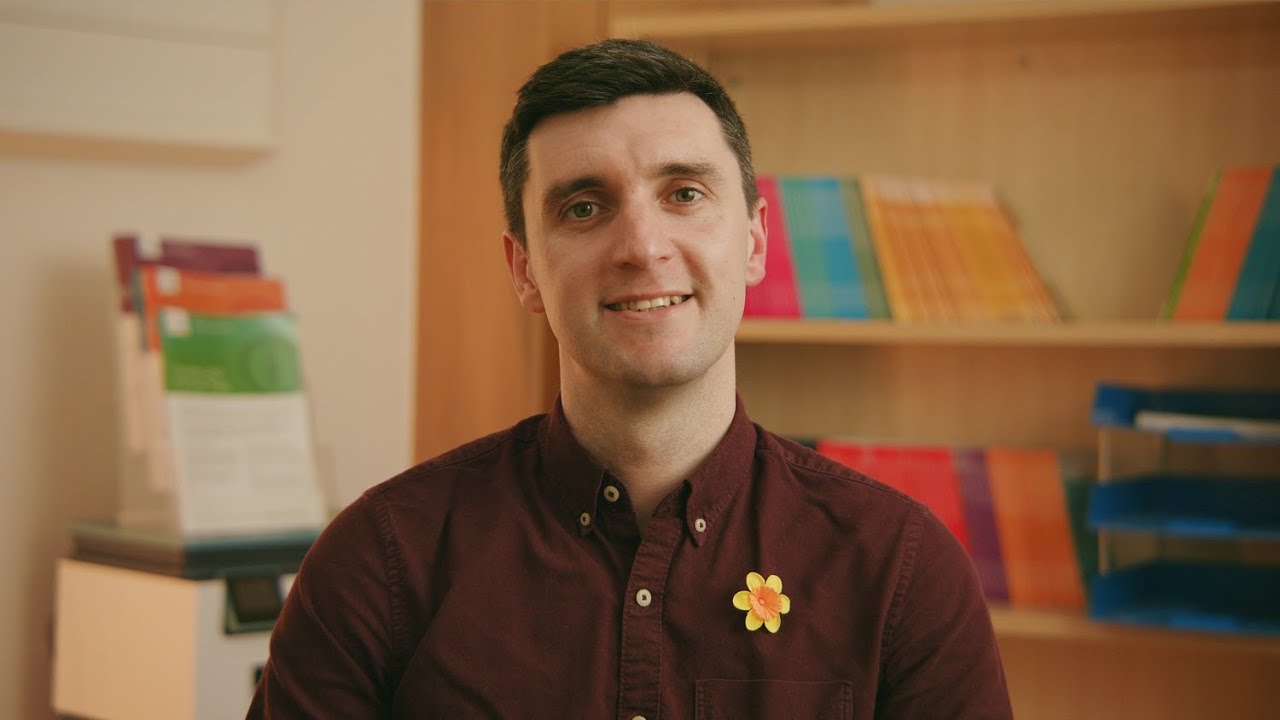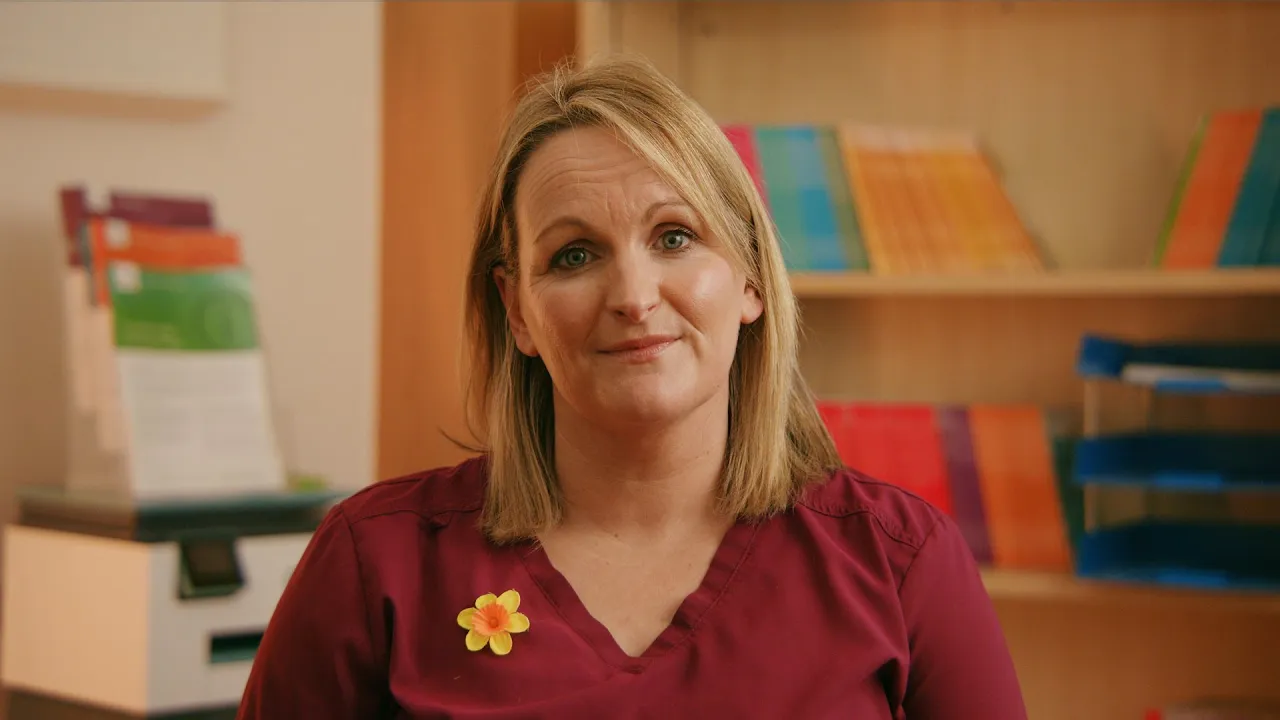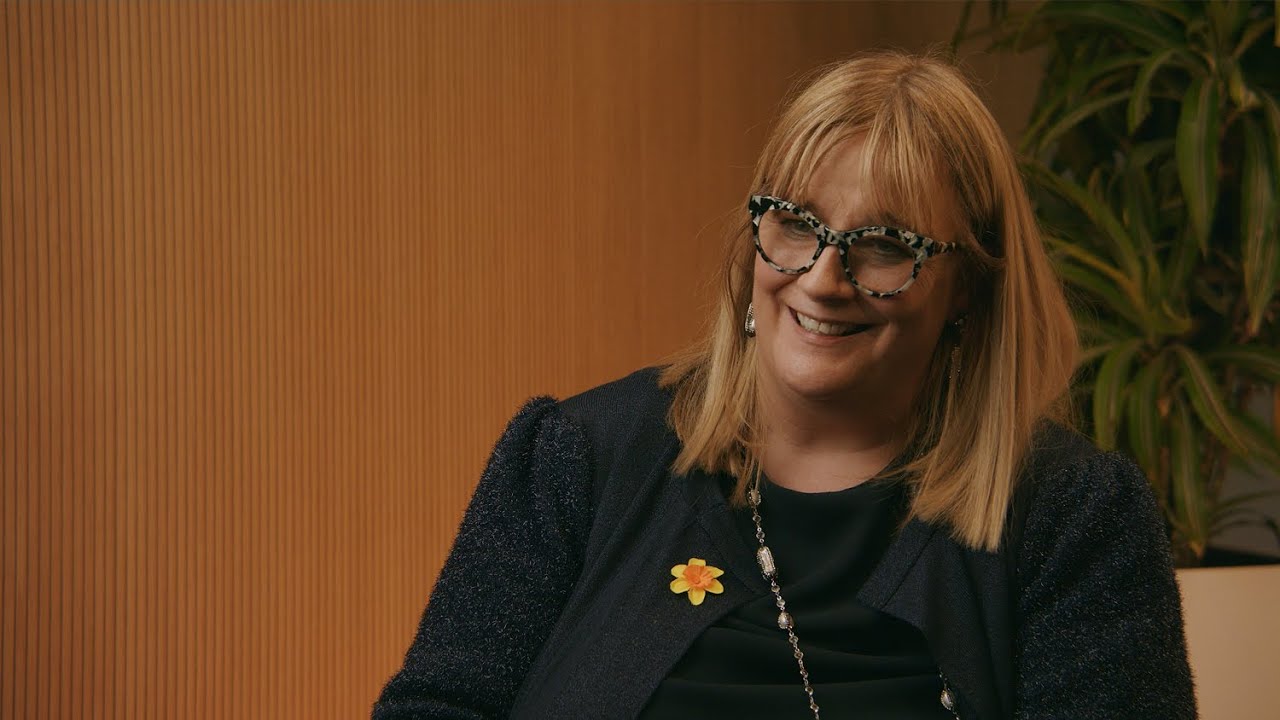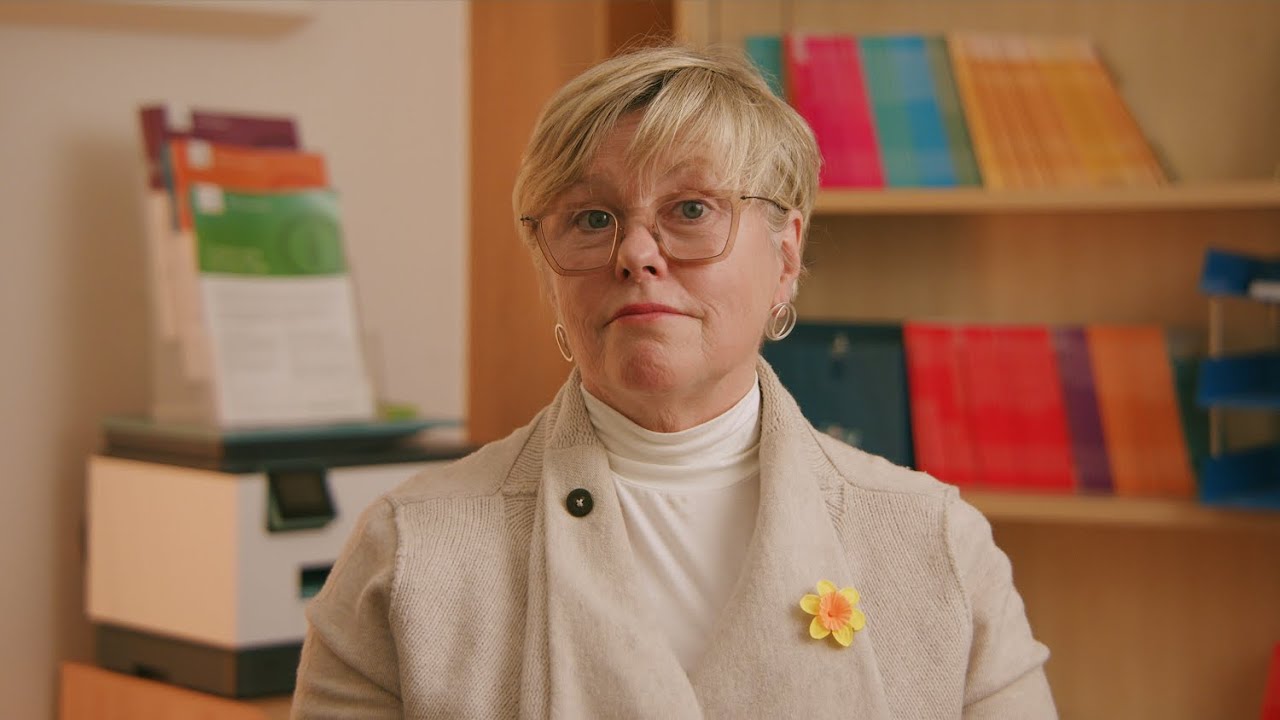Hormone therapy for breast cancer 3: Types of treatment
This video explains the types of hormone treatment for breast cancer and how they work.
0:07
We previously outlined the role that oestrogen has in your body function. However, oestrogen can also stimulate some breast cancer cells to grow. Some breast cancers have extra receptors on the surface of the breast cancer cells that attach to the hormone oestrogen and help the cancer cells to grow faster. This type of breast cancer is called oestrogen receptor positive breast cancer or ER positive breast cancer.
0:33
Hormone therapy works by blocking the effects of oestrogen on gate keepers, also known as receptors, on the breast cancer cells and reduces the risk of breast cancer coming back.
0:45
A small number of breast cancers are sensitive to the hormone progesterone only. These are called progesterone receptor positive or PR positive breast cancer. Your doctor will discuss this with you.
0:58
The type of hormone therapy you receive will depend on: whether you've been through the menopause or not, your risk of your cancer coming back, how the side-effects are likely to affect you.
1:13
Hormone therapy works in different ways by: Blocking the hormone receptors on the cancer cells. This means oestrogen cannot have an impact on the cancer cells. While this treatment can cause menopausal side-effects, it does not cause the menopause, and you can still have periods on this kind of hormone therapy. Stopping or reducing your ovaries from making oestrogen which is also referred to as ovarian suppression. An alternative option to this is to have your ovaries surgically removed which can be discussed with your doctor and may be an option for some patients. Blocking the production of oestrogen in your body fat where oestrogen is sometimes stored. These treatments are known as aromatase inhibitors.
1:59
The reason you have prescribed a particular type of hormone therapy will be explained in detail by your doctor. They will take into consideration whether you are pre-menopausal or post-menopausal. If you are pre-menopausal, all types of hormone therapies may be suitable for you. You may also be given a combination of hormone therapies.
2:21
You may be prescribed your hormone therapy: before surgery to try to make your tumour smaller and easier to remove, after surgery to help prevent your cancer spreading or coming back, or as your main treatment – without any surgery.
2:43
If you are having chemotherapy after surgery, you may start hormone therapy once your chemotherapy finishes.
2:50
If you are having radiotherapy, you can usually have hormone therapy at the same time or you may start hormone therapy after you have finished radiotherapy.
3:01
There are 2 main ways to receive hormone therapy for breast cancer. These are tablets and injections.
3:10
Hormone therapy is generally prescribed for 5 years. However, treatments can be extended for some patients. between 7 and 10 years. The exact duration will depend on: the stage and grade of your cancer, whether you have gone through the menopause or not, the type of hormone therapy you have, and any side-effects you may have.
3:35
Breast cancer can spread from where it started to other parts of the body. This is called secondary or advanced breast cancer, and may also be referred to as metastatic cancer. The aim of treatment for secondary breast cancer is to control the cancer.
3:54
Hormone therapy is usually the first treatment for metastatic hormone sensitive breast cancer. It may be used alone or along with other treatments.
4:04
Your doctor or specialist nurse will give you specific information on your treatment schedule before you start. This will help you to understand more about your treatment and possible side-effects. They will discuss your part in taking your tablets without their in-person supervision and the importance of self-managing your daily medication.
4:24
You will collect your hormone therapy medication from your local pharmacy with your prescription. You will then take your hormone therapy as prescribed at home.
4:33
If you are prescribed hormone injections, then you will receive your hormone injections at your GP practice.
4:41
You have a responsibility to yourself and the medical team, and must report any issues, concerns and any side-effects, so the medical team can manage them as quickly as possible for your safety and wellbeing.
4:55
Here are some useful questions that you can ask your doctor or specialist nurse as you try to fully understand your treatment plan.
5:07
What type of hormone therapy are you recommending for me and why? How often will I have my injections? How will my treatment be monitored? What are the possible side-effects and how long will they last? What will happen if I decide to stop my treatment? Are there any clinical trials that I could take part in?
5:34
It is a good idea to write down your questions before your appointments and it may also be useful for you to bring along a family member or friend to your appointments.
Hormone therapy for breast cancer playlist
